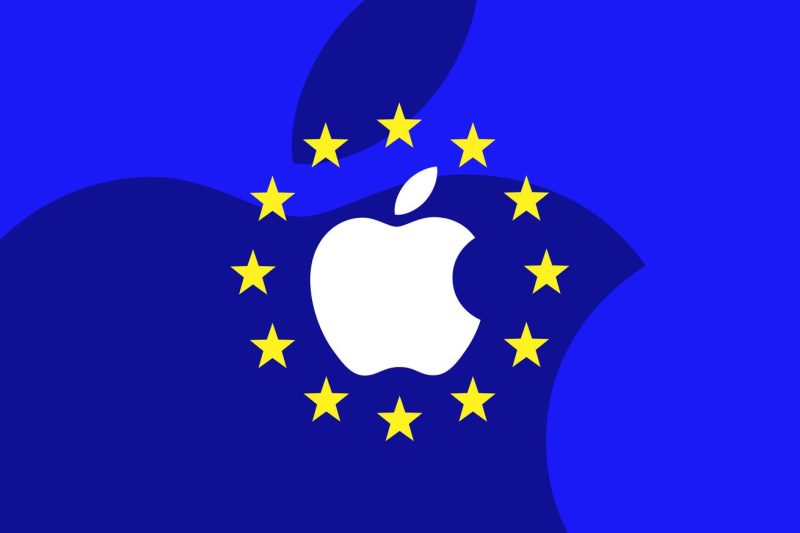
Apple Makes History as First Company Accused of Breaking EU’s DMA Regulations
Apple Is First Company Charged with Violating EU’s DMA Rules
The European Union recently took a significant step forward in enforcing its Digital Markets Act (DMA) rules by charging tech giant Apple with violating these regulations. This marks a significant development in the EU’s efforts to reign in the power of big tech companies and ensure fair competition in the digital marketplace.
The DMA, which came into effect in June 2022, aims to create a level playing field for digital companies operating within the European Union. It gives regulators the power to investigate and penalize firms that engage in anti-competitive practices, abuse their market dominance, or fail to comply with transparency requirements.
In the case of Apple, the EU’s charges focus on allegations that the company has abused its dominant position in the music streaming market by unfairly promoting its own music streaming service, Apple Music, over competitors like Spotify. This practice is seen as anticompetitive since it limits consumer choice and stifles innovation in the market.
The EU’s move to charge Apple sends a clear message to other tech companies that they must adhere to the rules set out in the DMA or face consequences. This bold action underscores the EU’s commitment to fostering a fair and competitive digital ecosystem where all companies, regardless of size, have an equal opportunity to thrive.
Apple has denied the allegations and has vowed to defend itself against the charges. The outcome of this case will have far-reaching implications not only for Apple but for the broader tech industry as well. It will set a precedent for how the EU enforces its DMA rules and how tech companies conduct business within the EU.
As the first company to be charged with violating the EU’s DMA rules, Apple’s case is being closely watched by industry experts, regulators, and consumers alike. The resolution of this case will have implications for the future of competition in the digital marketplace and could potentially reshape the way tech companies operate within the EU.
In conclusion, the charges brought against Apple by the EU for violating the DMA rules represent a significant development in the ongoing battle to regulate big tech companies. This case highlights the importance of enforcing competition laws in the digital age and ensuring that all companies play by the rules. As the case unfolds, all eyes will be on the outcome and its implications for the broader tech industry.
